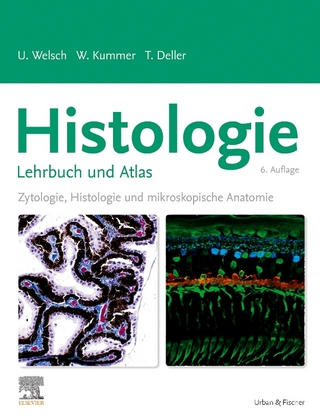
The Global Age-Friendly Community Movement
Berghahn Books (Verlag)
978-1-78920-799-6 (ISBN)
The age-friendly community movement is a global phenomenon, currently growing with the support of the WHO and multiple international and national organizations in the field of aging. Drawing on an extensive collection of international case studies, this volume provides an introduction to the movement. The contributors – both researchers and practitioners – touch on a number of current tensions and issues in the movement and offer a wide-ranging set of recommendations for advancing age-friendly community development. The book concludes with a call for a radical transformation of a medical and lifestyle model of aging into a relational model of health and social/individual wellbeing.
Philip B. Stafford is Adjunct Professor of Anthropology at Indiana University in Bloomington, and was Director of the Indiana University Center on Aging and Community until 2017. His research, primarily ethnographic and participatory, has focused on aging and sense of place. He has received the Blackburn award from the Indiana chapter of the AIA for contributions to architecture by a non-architect and is a member of the board of the American Society on Aging.
List of Illustrations and Figures
List of Tables
Acknowledgements
Preface
Introduction: Theorizing and Practicing Age-friendly Development
Philip B. Stafford
PART I: EQUITY AND SUSTAINABILITY
Chapter 1. Creating Age-friendly Communities in Urban Environments: Research Issues and Policy Recommendations
Tine Buffel and Chris Phillipson
Chapter 2. Training Advocates to Undertake Livable Community Initiatives: A Pilot Program
Sharon A. Baggett
Chapter 3. Public Places, Community, and the Physical and Mental Health of Children and Elders
Suzanne H. Crowhurst Lennard
Chapter 4. The Intersection between Sustainable and Age-friendly Development
Alan DeLaTorre
PART II: AGE-FRIENDLY NEIGHBORHOODS
Chapter 5. Accessibility, Participation, Networking: The Impact of a Local Network on the Environment and the Life Relationship of Older People
Birgit Wolter
Chapter 6. Assessing the Aging-Friendliness of Two New York City Neighborhoods: A Case Study
Mia R. Oberlink and Barbara S. Davis
PART III: COLLABORATION ACROSS GENERATIONS
Chapter 7. Communities for All Ages: Reinforcing and Reimagining the Social Compact
Corita Brown and Nancy Henkin
Chapter 8. Ibasho Café: Giving Elders a Role to Play in Making Communities More Resilient
Emi Kiyota
Chapter 9. Youth and Older Persons as Agents for Change: Creating an Inclusive and Age-Friendly Society for All
Arthur Namara and Kristin Bodiford
PART IV: RURAL AGING
Chapter 10. Retrofitting Small Towns: How Aging in Place Could Transform Rural America
Zachary Benedict
Chapter 11. Creating an Age-Friendly Community in a Depopulated Town in Japan: A Search for Resilient Ways to Cherish New Commons as Local Cultural Resources
Nanami Suzuki
PART V: BEING WELL ENOUGH IN OLD AGE
Chapter 12. Relational Well-Being and Age-Friendly Cities
Marian Barnes
Index
| Erscheinungsdatum | 01.09.2020 |
|---|---|
| Reihe/Serie | Life Course, Culture and Aging: Global Transformations |
| Verlagsort | Oxford |
| Sprache | englisch |
| Themenwelt | Studium ► 1. Studienabschnitt (Vorklinik) ► Histologie / Embryologie |
| Naturwissenschaften ► Biologie ► Humanbiologie | |
| Sozialwissenschaften ► Ethnologie | |
| Sozialwissenschaften ► Soziologie | |
| ISBN-10 | 1-78920-799-1 / 1789207991 |
| ISBN-13 | 978-1-78920-799-6 / 9781789207996 |
| Zustand | Neuware |
| Informationen gemäß Produktsicherheitsverordnung (GPSR) | |
| Haben Sie eine Frage zum Produkt? |
aus dem Bereich


